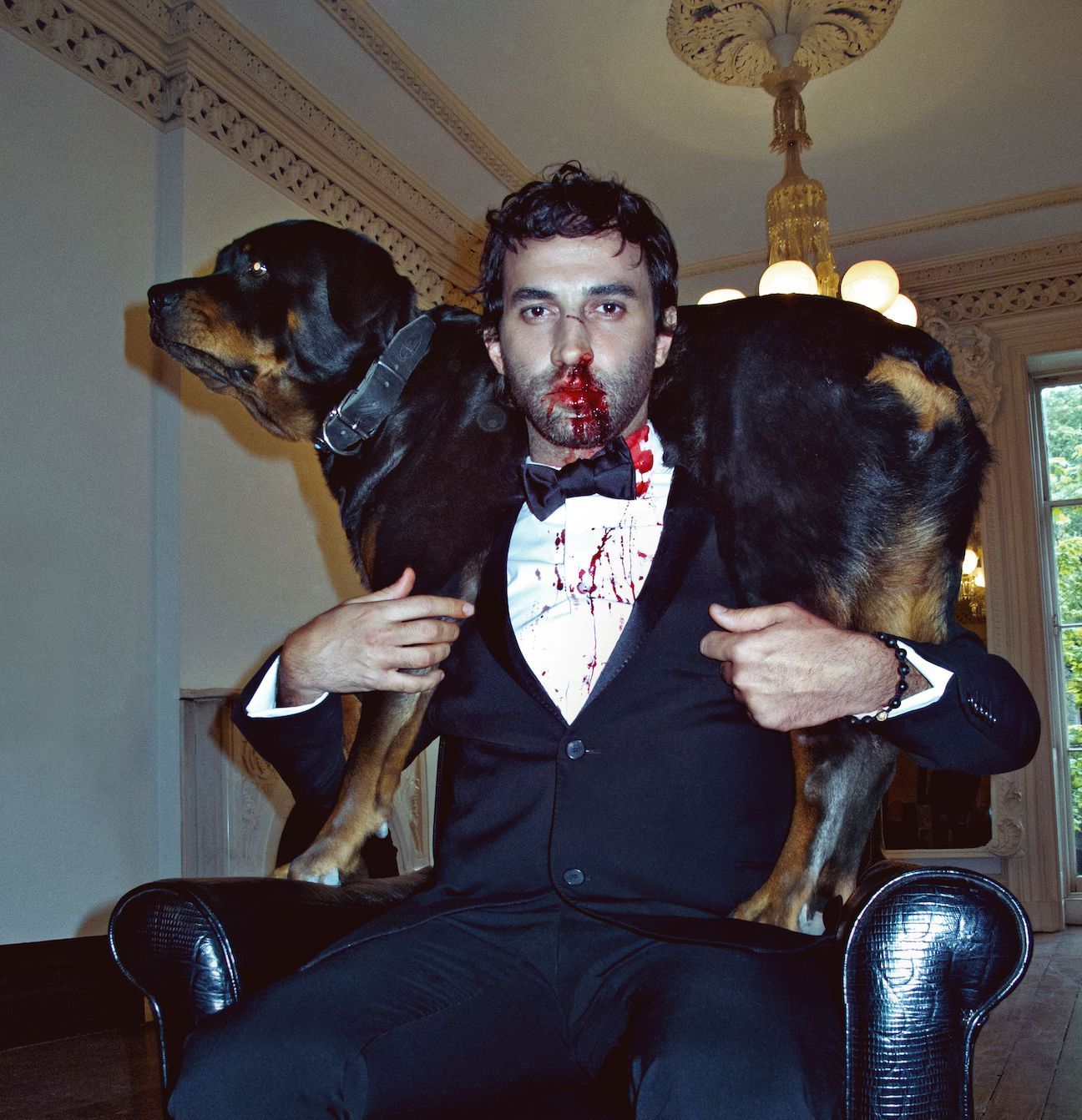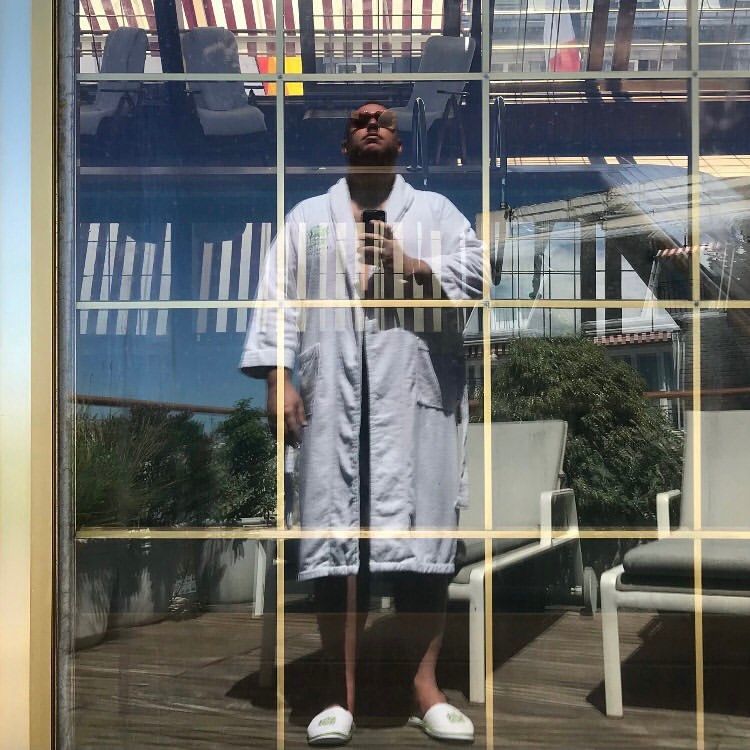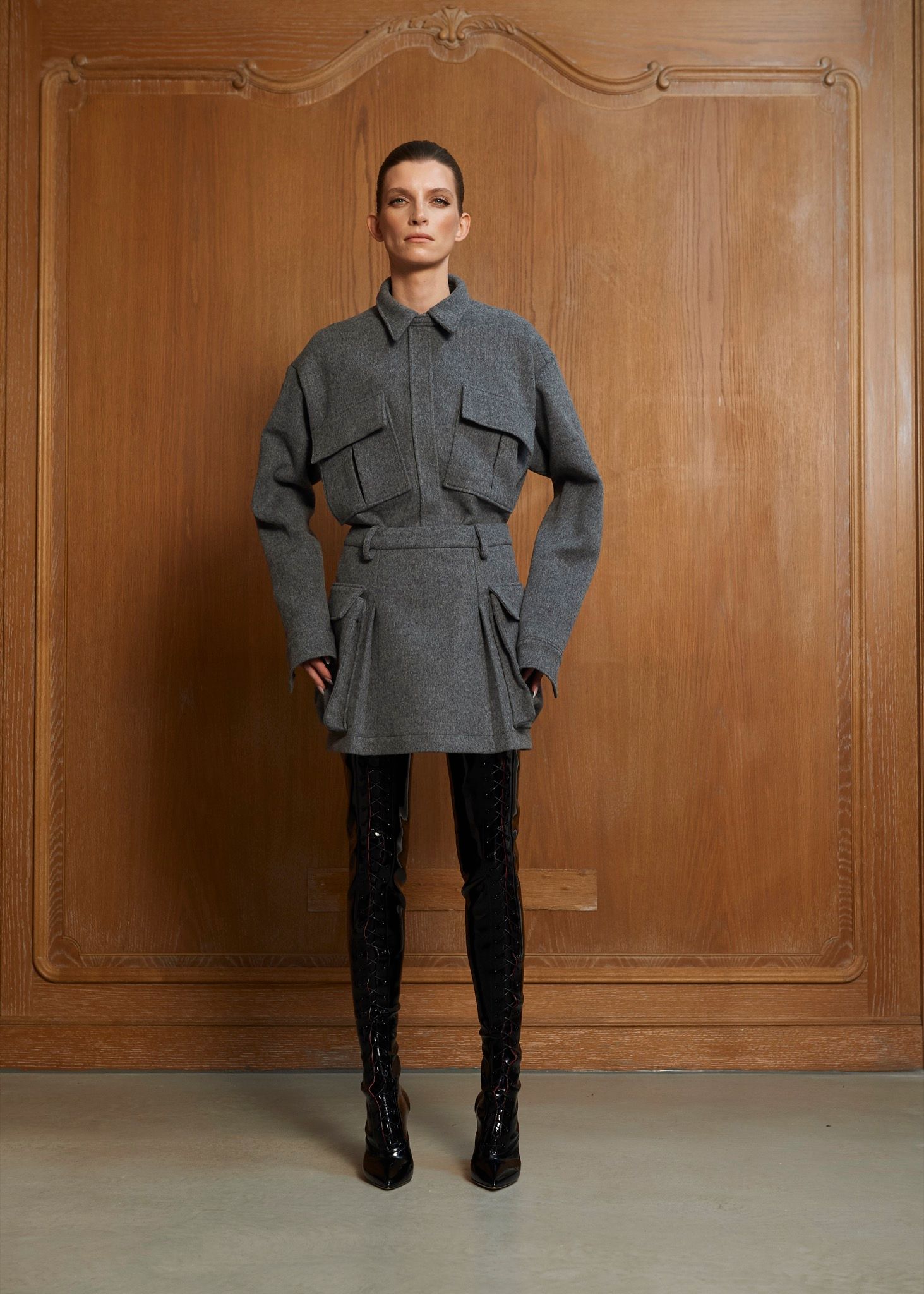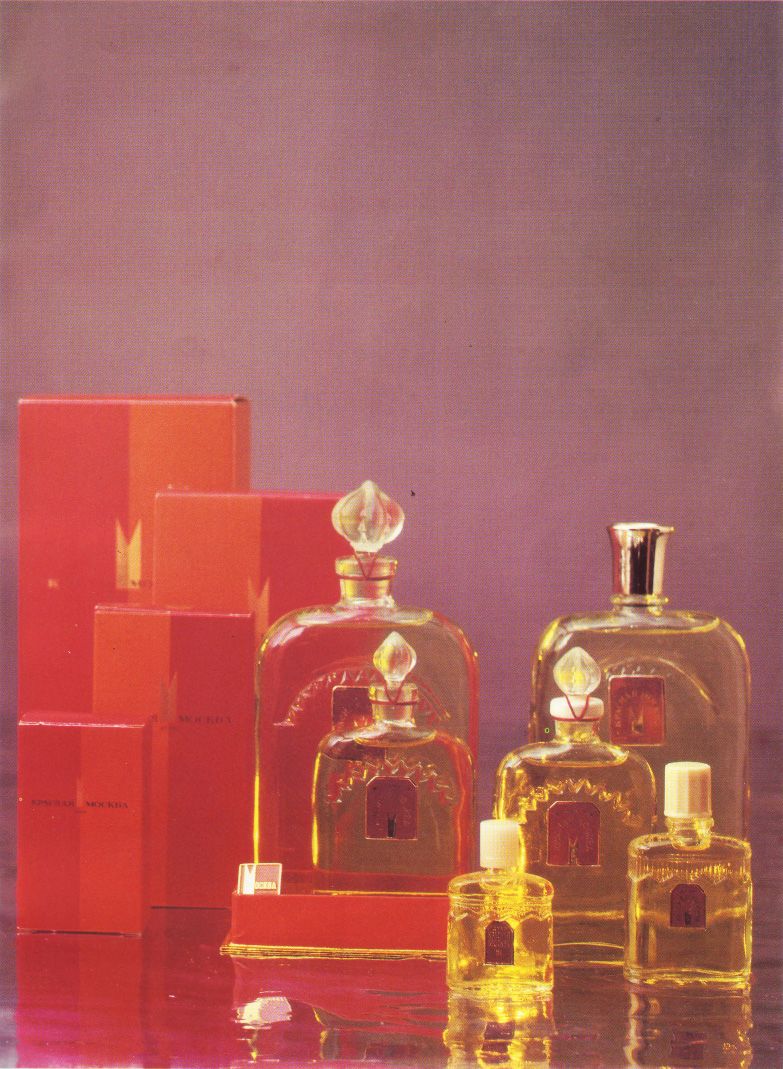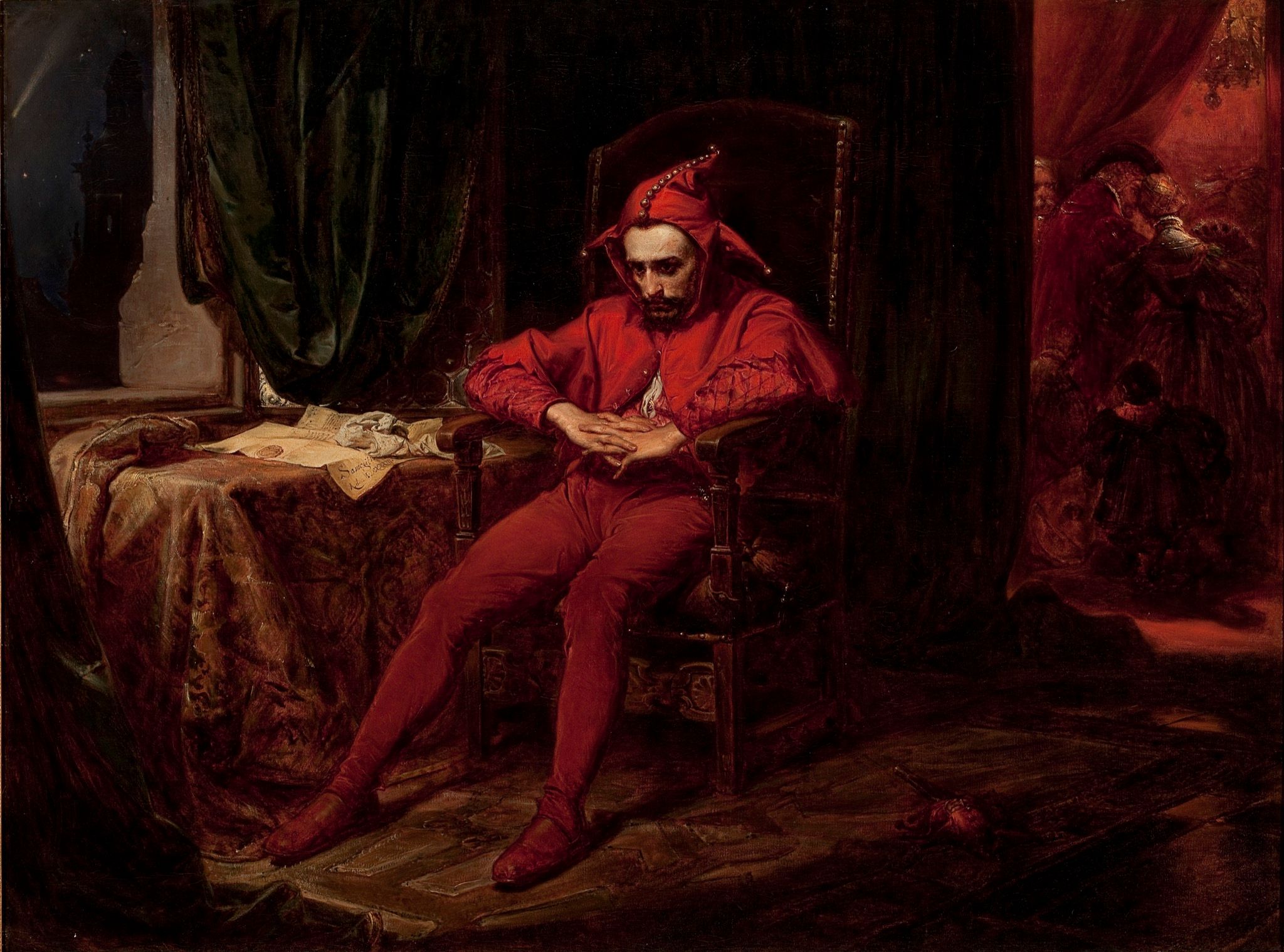Brenda’s Business with PETER DO
|Brenda Weischer
Congratulations to PETER DO for his debut collection at Helmut Lang. Read the first Brenda's Business column with the designer below, and find the dossier from our issue #31—the most comprehensive history of designer Helmut Lang—here.
Welcome to my business column.
Disclosing inaccessible information locked behind closed doors and speaking out on issues that many want to keep unspoken comes at a cost – I know that firsthand.
Blocked, blacklisted, uninvited.
In the fashion industry, gatekeeping is an unspoken rule. Which sets many up for failure, burnouts, or debt. If you’re extra lucky, everything combined. This closed-door policy is a cynical paradox, considering fashion lives off the public. And yet, we are all guilty of spreading glittery narratives, differing from the notably less sparkly reality.
The continuation of a bleak fashion world where everything is off the record ends here. I will do my part and be an information super-spreader on the topics people fawn over or, remain silent on. This column will be about debt, loans, bills, work hours, job titles, mistakes, and addressing real-life. Do we need more show reviews or do we need to know how much the show cost?
Formatting a vast list of independent designers and young talents to interview, it dawned on me that this whistleblower approach – intended to nurture rather than to destroy – might be scary to a lot of them. Not knowing where this column is headed, I decided to start with a friend.
I had been a Tumblr follower of PETER DO for three years, when I met him for the first time IRL at a dinner in Paris, June 2019. That night I was merely a plus one of someone who is now a blocked contact. While that relationship didn’t last, the one with Peter did.
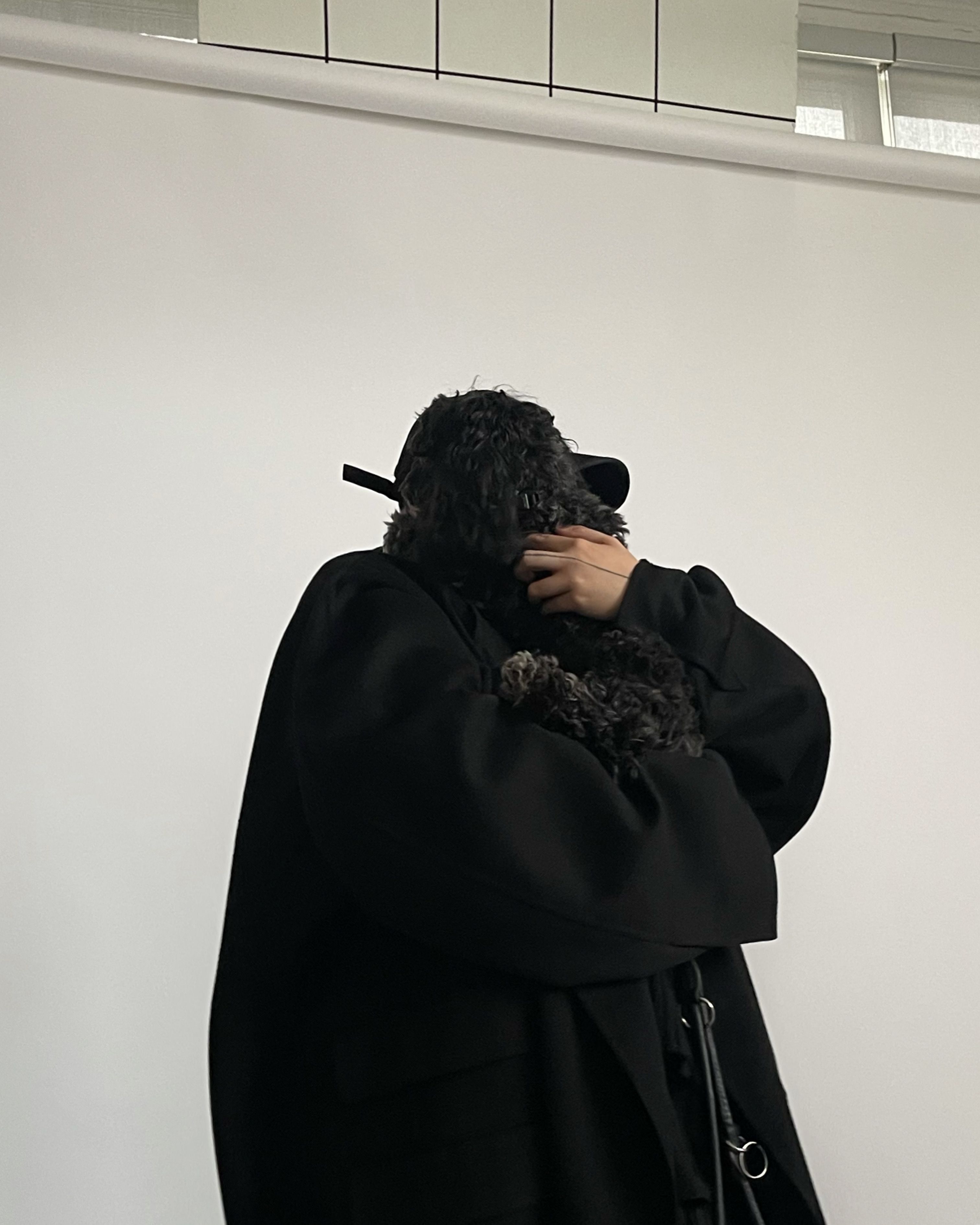
Like a true friend, he agreed to help me, without much context. In the weeks before his third runway show, taking place on September 13, he had to listen to me chaotically ramble about this column for hours. He had to call me back on Zoom in the middle of this interview, because I don’t have a premium account, and answer questions that are very far from your PR approved interview content. All because I promised him we will make this information accessible to those trying to break into the industry.
Brenda Weischer: First things first: misconceptions. I want to ask you about “making it”. An endless list of stockists, part of all the fashion prizes — always the bridesmaid but never the bride, because you “don’t need it”. You’re showing on the official schedule of NYFW, have nearly half a million followers, represented by Lucien Pages, Met Gala invites. I have to ask — does Peter lunch at Sant Ambroeus. Does he own a Birkin? Does UNI, his Shiba Inu, have an apartment overlooking the park?
Peter Do: [Laughs] None of the above!
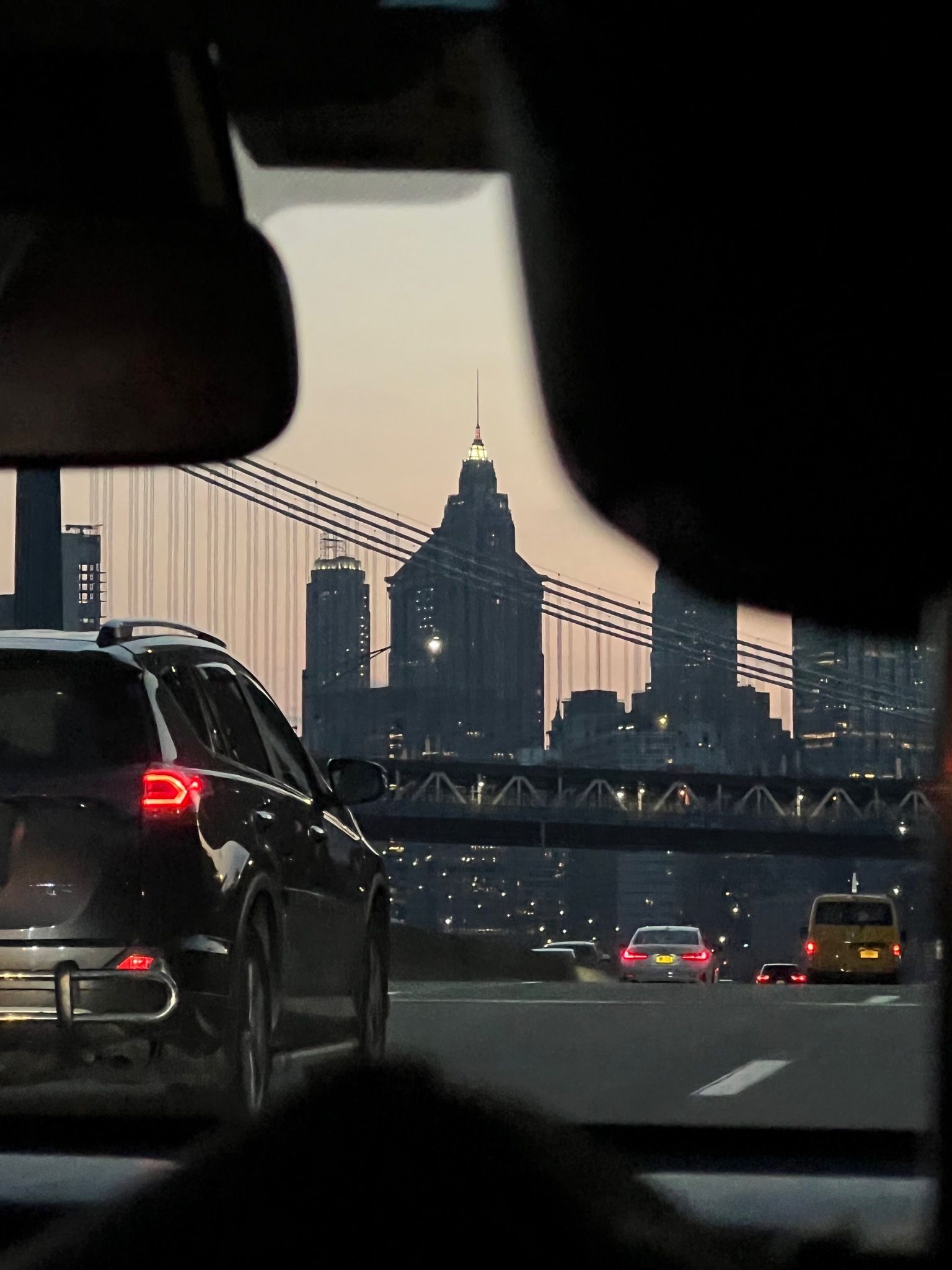
BW: We’re checking no boxes?
PD: None of them. No Birkins, no SoHo loft, no drivers. I still meal prep every week. I still bring my own lunch. I take the train. Sometimes when I'm really stressed, I indulge myself and take a cab with UNI.
I came from nothing, I have a different perspective on what luxury is. Luxury for me is craftsmanship. It's time. It’s not wasting resources. Growing up I was taught you have to work for what you want. My parents worked so hard. Sometimes I am worried about wasting time. I'm always working. But, the pandemic shifted my thinking. When everything shut down, I realized there are more important things in life. I could still accomplish everything “in time”. Every moment is a special moment, a milestone for me to celebrate. Nothing is taken for granted. Moving to a bigger studio, for example, was a moment of success.
It took me five years to have a door to my office. And the door is not even a real door. It’s a see-through sliding door that doesn't lock.
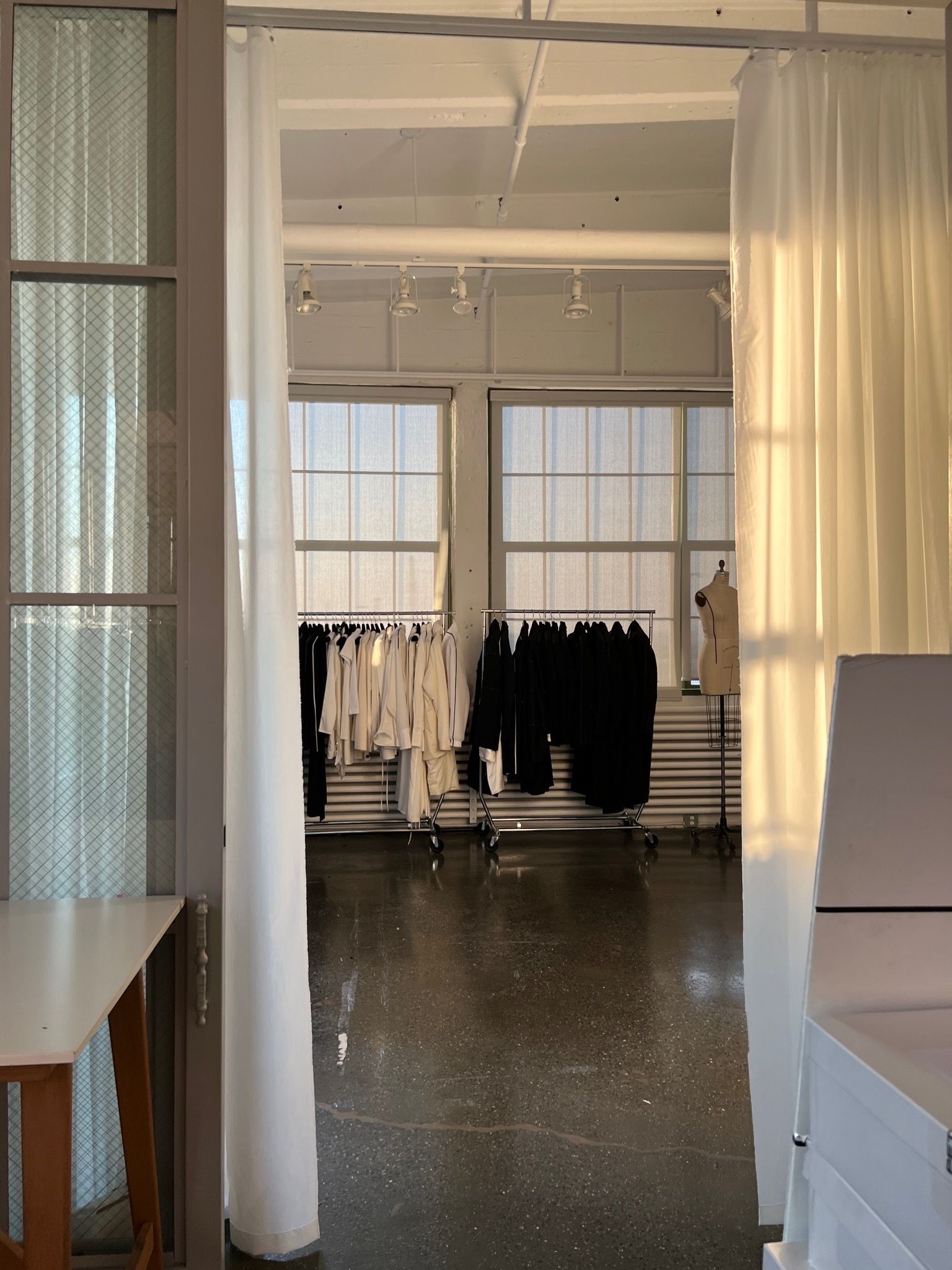
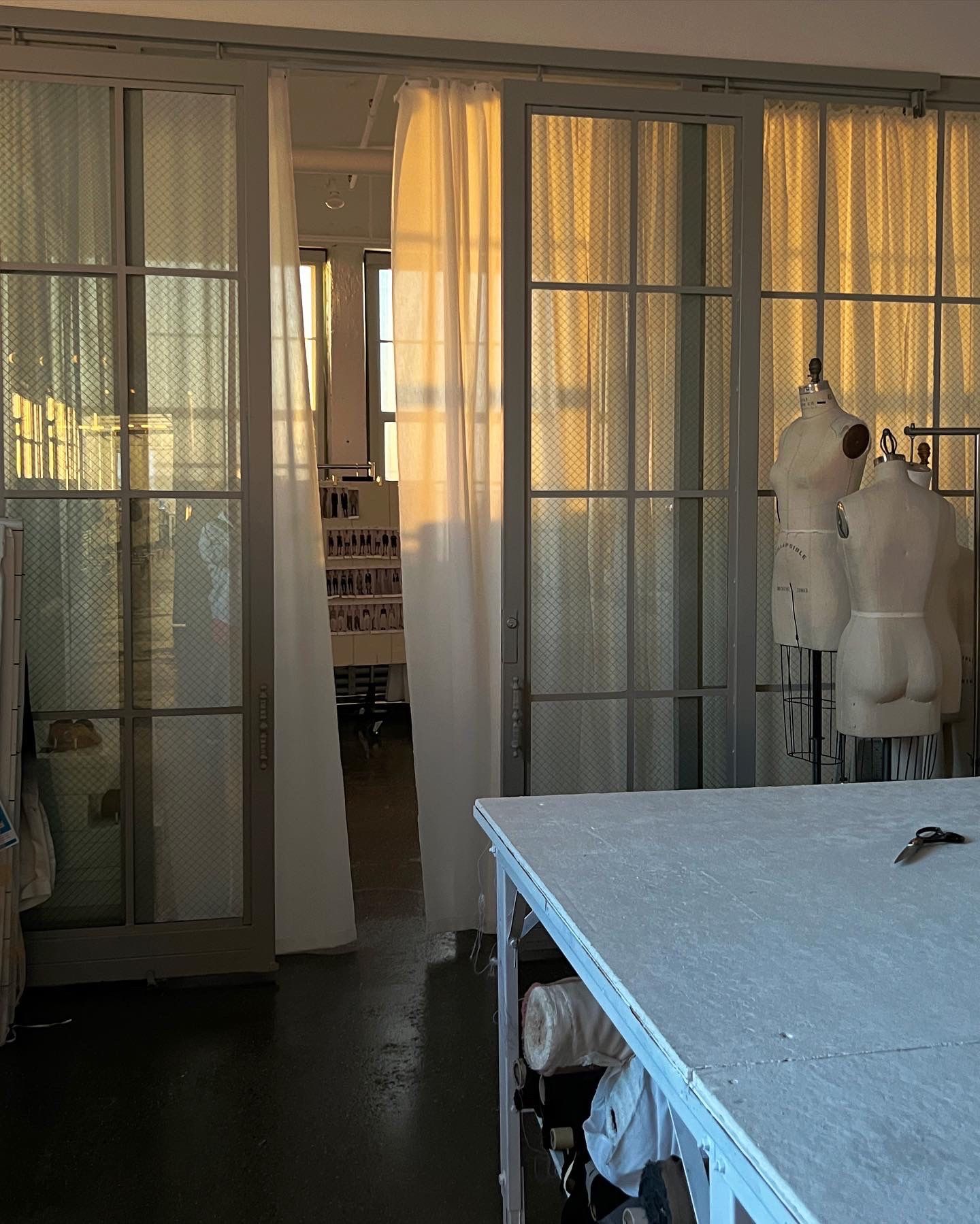
BW: The core of Peter Do is friends, working together. But once you step outside, there's a whole industry lacking similar ethics. No one addresses flaws. Young designers are especially hesitant to speak out against institutions of power. We cannot afford to burn bridges with anyone. Can you explain the reality of the cancelled orders, unpaid bills, and broken promises?
PD: Fashion runs on these really strange net 60, net 30, net whatever, store pay payment terms. We didn't understand all of this at first. When we first started PD, we asked for a deposit when someone placed an order, that helped at the beginning. But over time, stores overturned those rules. No one really pays on the dot. The reason a lot of brands don’t survive, no matter how talented, is just how this industry does things. It's high risk and unfair. You just spend so much. Every time I go to Italy to check on production, we book the cheapest flights and hotels. We take the train. There's no driver driving me to the factory.
There's so much cost upfront — which is why you always constantly try and get things done for free, or by offering trades. You have nothing to pay people. All the money goes toward production because you don't get paid until much later. And still, we’re lucky to have so much generous support.
BW: Besides your running bills, like rent and salaries, the cycle is you design, you order all of the fabrics, develop. Then you have to pay for a show, showroom, get in orders, produce, and deliver. And then you hope you get paid.
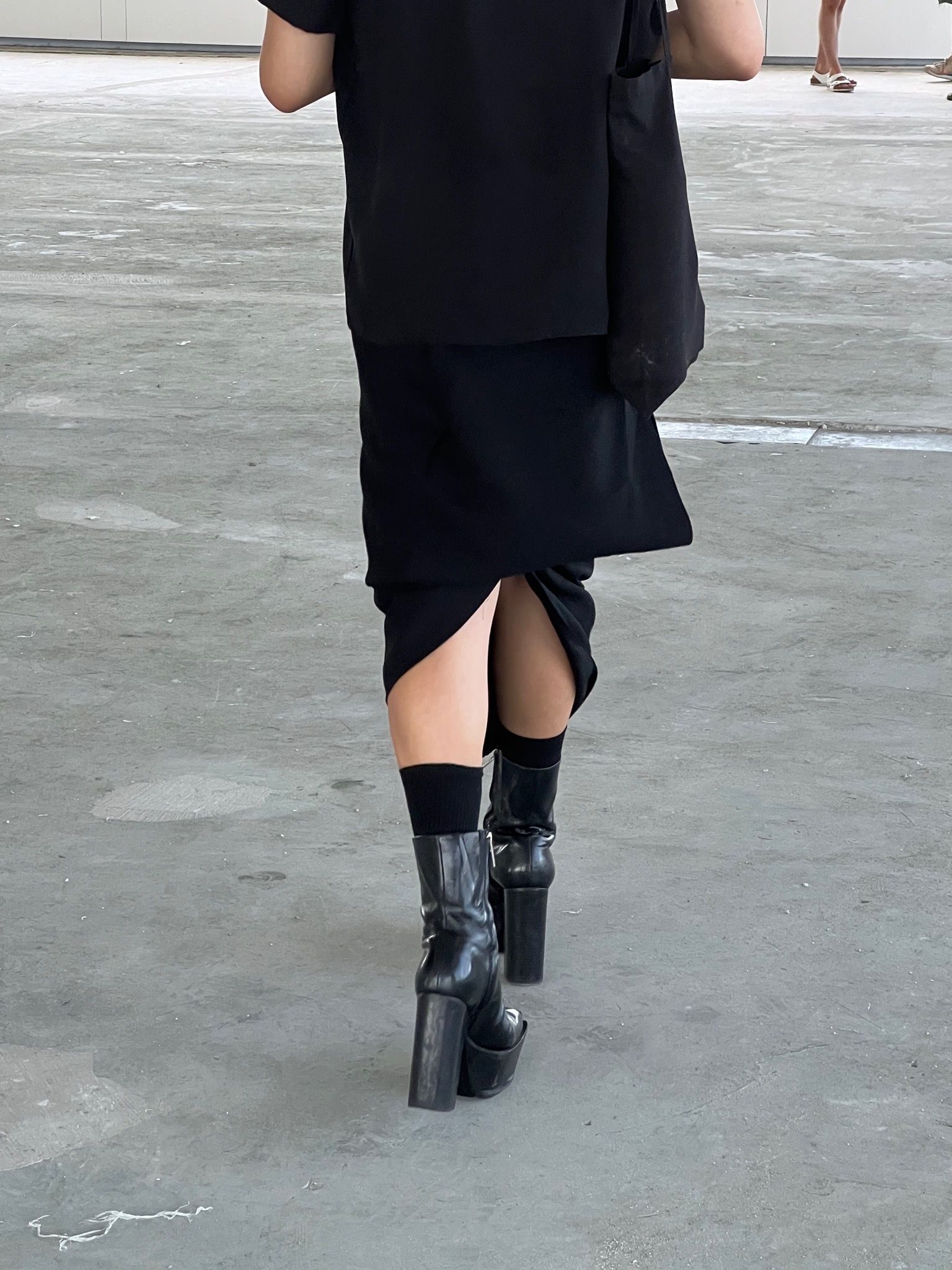
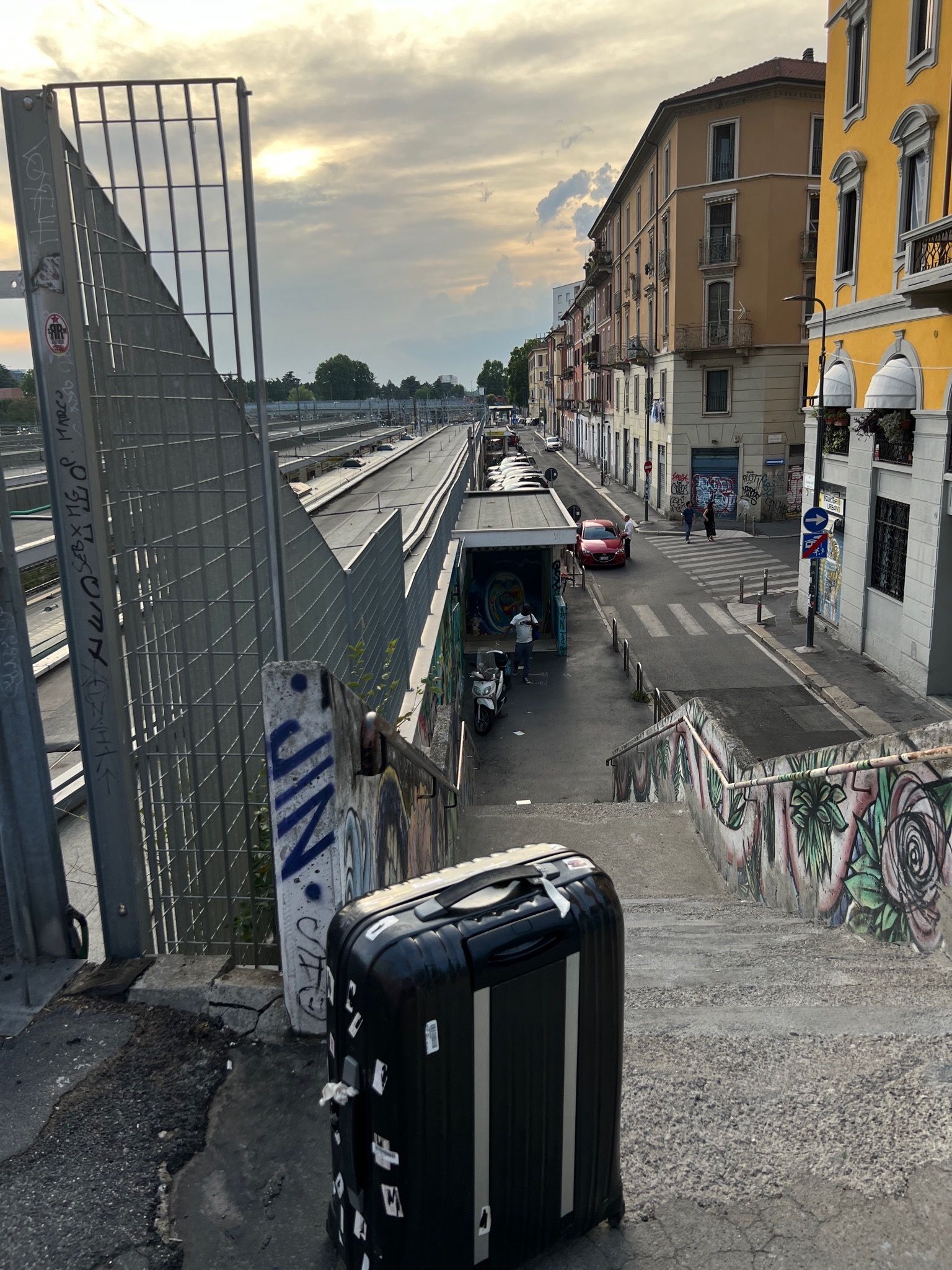
PD: Yes. In that entire time, we have to upfront all the costs and then hope to be paid back.
BW: How often are you paid on time and how late can payment be sometimes?
PD: If the majority of stores don’t pay on time, that makes us late with payments for our factories. Then the factories pay their suppliers late. It’s a vicious cycle.
Meanwhile I'm selling to all these fancy stores, we do beautiful shows, but there’s immense stress behind the scenes. If a store cancels, we take all that product in. If factories are a day or two days late from delivering the product, I would never cancel the product or make them pay for it. That's just not who we are.
We all work so hard to make beautiful products with these factories and they’re people that we want to support and it's getting harder and harder for me to stay positive. But we're so small. I don't really have a solution.
BW: Six months of work with so many people involved, from sales to production during Covid, and then they cancel an entire order because you are three days late?
PD: Yes, which is why it hurts when someone tells me “I saw all these stunning pieces in your show and I never see them in stores,” insinuating that we make showpieces with no intention to produce. And I'm thinking, yeah, they were produced, but they were cancelled. That’s the reality.
BW: Can you give me a percentage of e-tail vs retail for PD?
PD: Before the pandemic, we had clear rules on who could only sell retail and not online. But during lockdown regulations, it became the Wild, Wild West. Of course, we allowed retailers to shift online, they were suffering. But now it's become hard to manage.
BW: How does a young brand decide on a stockist? And, why is a stockist not just a point of sale?
PD: There are so many great stores who’ve supported us over many seasons. Bergdorf Goodman have been there since day one, the whole team is just lovely. There's always communication. During Covid they worked on a plan with us, supported us, gave us shop windows, threw us dinners to launch our first bags collection. They pay on time, on the dot, never late. Support isn’t about the order value. Merely stocking us, or any young brand, in your store doesn’t equal support. As a young designer you need structures and advice. Stores often have an ego because they stocked you first. But they need to do more. Where is the storytelling? How do you help us grow? Stocking a young brand is a huge responsibility many stores take too lightly. We, designers, spend our whole lives waiting for this moment.
BW: In your first season of sales, you had to decide on siding with either Net-a-Porter or Barney’s, who both wanted you as an online exclusive. Can you imagine if you went with Barney's, who filed for bankruptcy in 2019?
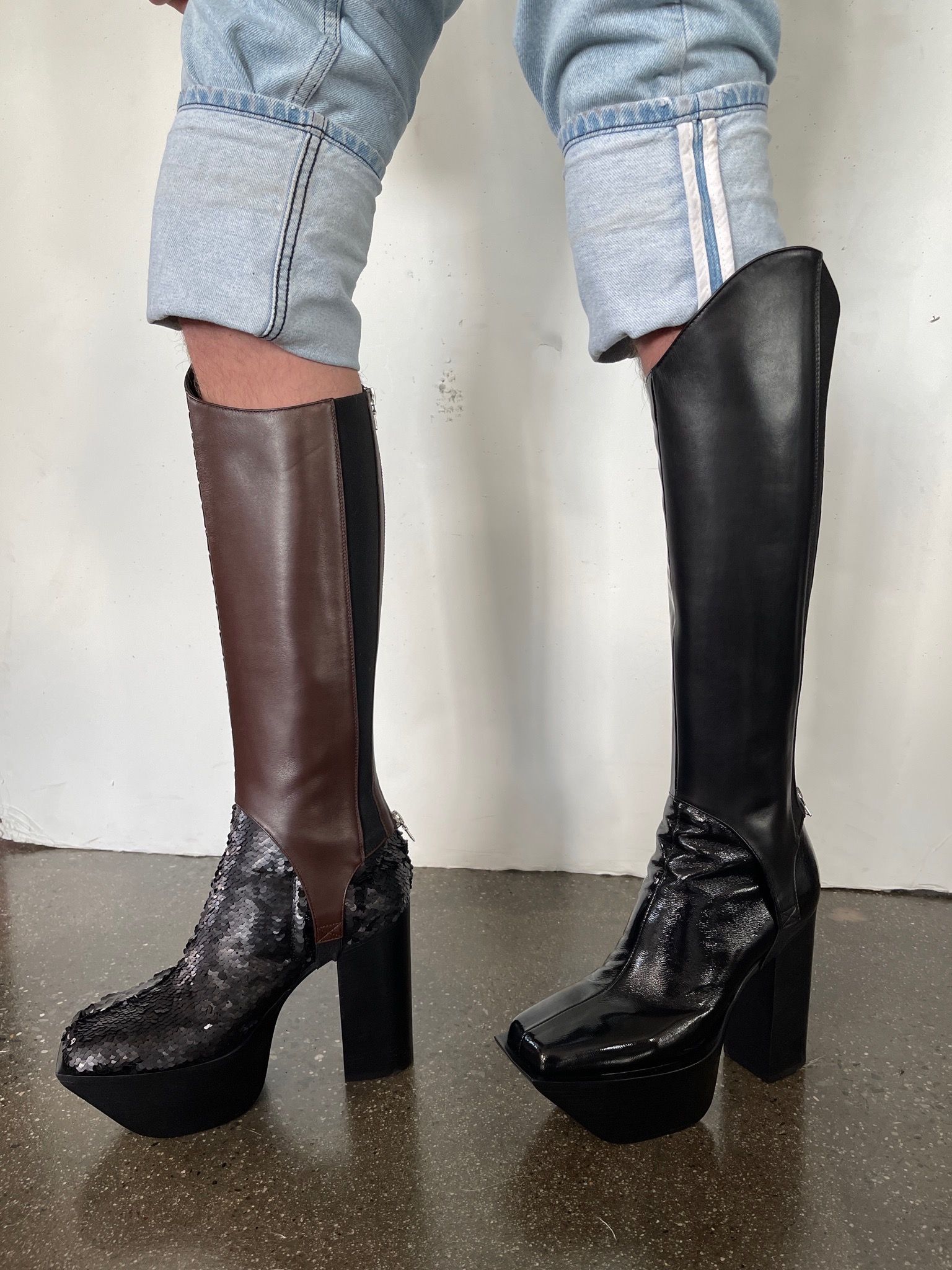
PD: Maybe we’d be gone by now. It was an institution so it’s sad how it ended. I used to spend a lot of time at Barney’s when I was in school. It will forever have a special place in my heart. I’m glad we went with NAP, it boosted our launch and helped get PD to where it is now. We’re still close with the team.
BW: When did you feel financially ready for a show? If you're suddenly not on schedule anymore, it's a big fail in everyone’s eyes. You have to be prepared for the next ten seasons. You can't just have a little one-off stint.
PD: I don't know if we were financially ready for our show, to be honest. I was impatient. I was ready. If you asked Vincent, our CEO, would probably say “No,” we shouldn't have done a show. I want to do all these things, but he is better with money. But that's why we work as a team. I am an emotional designer. I'm lucky to have people like Lydia and Vincent around me who help me manage things and can tell me, “this is the budget, this is how much you can spend.” This is a business at the end of the day and we can't just randomly put on a show for a half a million dollars.
BW: Emotionally ready, but maybe not financially ready.
PD: Emotionally ready since day one. But we’re learning with each show and can handle it with sponsorships.
BW: Do you find sponsors or do they find you?
PD: Both. Sometimes they reach out to us. Jessica, our Press Director, spent months reaching out to everybody. Hair and makeup are usually partially sponsored, but we always get a sponsor for the afterparty. If we didn’t have a sponsor, we wouldn't do one. It's nice for the team to have a moment where we can celebrate, but I would never spend money on that.
BW: And what eats up the money for a show? What’s worth investing in?
PD: We work with a production agency, so they charge a percentage of the total amount. That's like a huge cost. Because we’re small and a young brand, they bring in people and expertise. And there's so many rules and regulations that you aren’t aware of, especially New York. It’s different when it's public property versus private. You want to film with a drone? It's illegal to have a drone in New York. There's so many things.
BW: It's worth it for you to get a production company because you can't really afford to get sued if you do anything wrong.
PD: Exactly. Think of Margiela in Paris, that was a Golden Age in fashion because you could show in an alleyway, and there's kids around. Next to a dumpster. Maybe it was dangerous, but back then no one had to care about safety hazards. But now that's not safe anymore. You can't recklessly do that.
BW: Let’s talk about business mistakes. Something where you were really like, “Oh, this is bad.” And don’t say “all of the mistakes are what got me here today.”
PD: The show! I’m just kidding. But maybe that would be Vincent’s answer.
There are a lot of mistakes. We make more every day, as we speak. We went through a lot of factories, fabric mills, and suppliers. When you develop something in a factory and it's good, it doesn't automatically mean production is good. But until you went through the whole cycle with that factory, you would never know. It’s a learning curve every season and I am not 100 percent where I want to be in terms of production.
BW: I also wanted to talk to you about the Lucien Pages move.
PD: We knew we needed someone bigger who could stay with us as we grew. Someone global— we had great American press, but it was very celebrity driven. I wanted to focus on more niche European magazines, but they are often small as well so there's no budget for shipping samples from either side.
We mostly have just one sample set of a show and can’t afford to lose it. One sample to share between the stores, the flats for the e-commerce, for us shooting campaign, Jessica holding it for celebrities, Lucien pulling it for the magazine, Pablo, our Head of Production, needs to hold it for production. It's a mess. The moment someone borrows something, it gets passed around for months.
BW: I’m assuming you see your designs in magazines where you're like “we never sent this?”
PD: All the time.
BW: How is that whole process of just like, where does my stuff end up, and will I ever get it back?
PD: When we used to do press in house, it happened a lot more. Now with Lucien Pages, it’s better because they’re a lot bigger.
BW: Wow. We’ll leave it at that. Dressing someone for the Met. What's the verdict? How was the experience, how much press did it generate? Was this months of work, and a huge financial risk?
PD: It was a great moment, for both the brand and the team. I know a lot of the team love the Met Gala, so I did it partially for that too. For me, I would be ok with not walking the carpet again. Not that I don't feel I belong, but that it’s not a milestone in my personal accomplishments. Someone on the street wearing PD is my personal accomplishment. Being a part of someone else's everyday life is my goal. Celebrity dressing is so “occasion wear,” and I am not a special night kind of designer — I rewear. My Met Gala look was a suit consisting of four pieces. I wore the vest last night, and I wear the pants every day. But The brand has become so much bigger than me as a person. When people speak about PD, they speak about the entity, not a person. It’s an out of body experience for me.
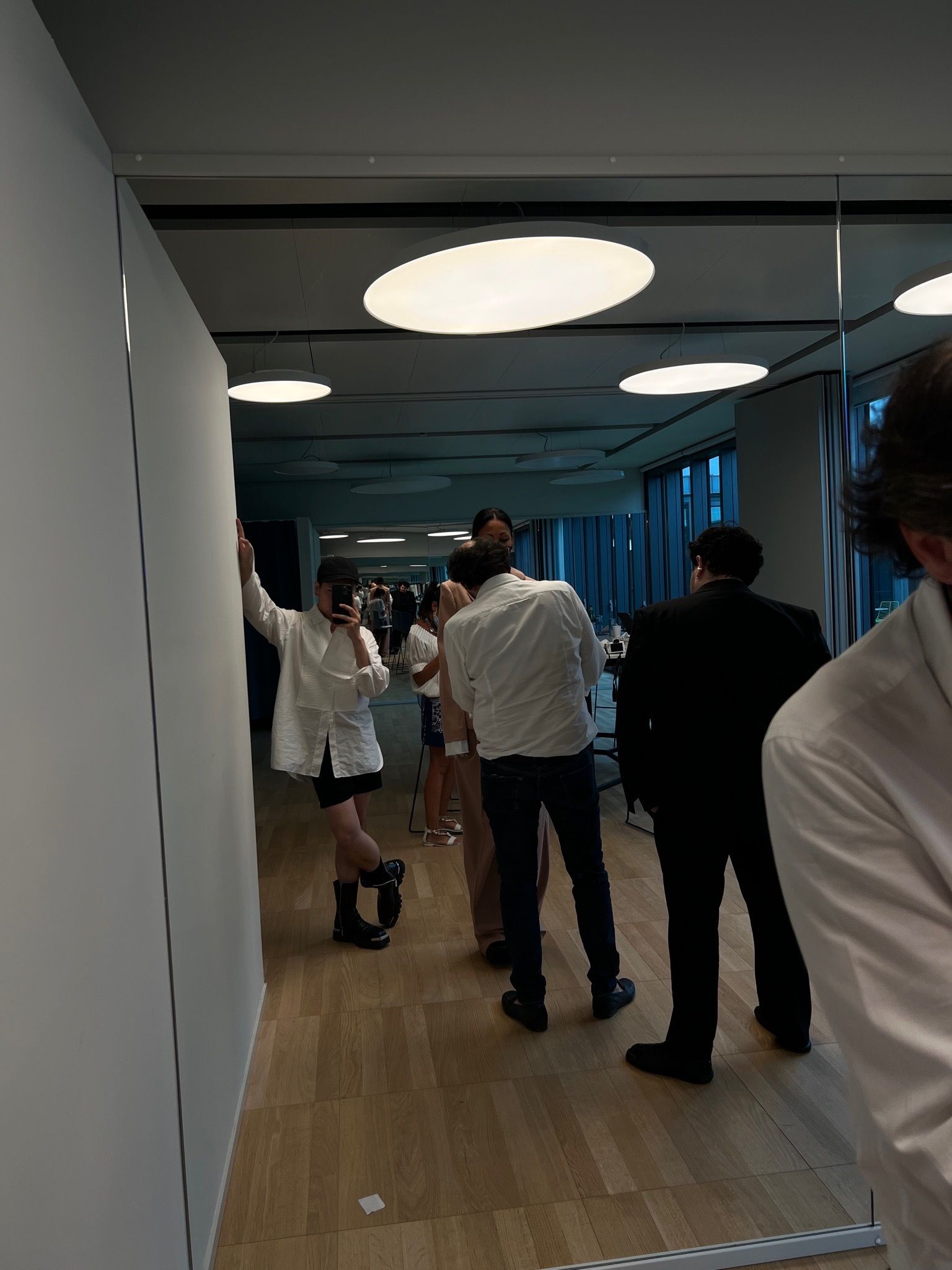
BW: Naming a brand after yourself, would you do it all over again? What happens if in 10 years you're sold and it's out of your control. Do you ever regret naming the brand PD?
PD: If PD should ever end up in someone else’s control, it would certainly make me sad, but I can do it again with a different name. I don't think the brand is good just because of the name — it’s about ethos and ideas. I don't even think of PD as my own name anymore. When I look at the label inside the clothes, I don't think of myself. It is lot of things that I am not. The magic of PD is that it’s a community, it’s teamwork. My team adds warmth, and openness. And now people come to me and tell me what PD is. Some buyers come by the showroom would say “this isn’t very PD,” to me and it’s very strange to hear that at first but now I’m learning to let go. You have to accept the narrative that your own name is no longer yours.
BW: Speaking of no longer yours — can you tell me about getting offers to sell?
PD: [Laughs] There are interests.
BW: And you getting approached by houses. Can you tell me anything? I know you're being approached. Or no comment?
PD: It is definitely part of my personal career trajectory. I always wanted to be a part of a bigger narrative, something that has nothing to do with my name. Contributing my skills and my craft and being of service to an atelier and a House. Also, I just really want to learn more.
BW: We’ll say “in his private life he is taken. In business, he’s on the dating apps.”
PD: Open marriage.
BW: Every interview focuses on the “PD is a family” narrative. And while it is true, you’re still with the people you founded the brand with. I can attest, everyone is actually friends. Let’s address the balancing act of being a friend, a leader, a boss, and how it almost broke you.
PD: It's strange to work with your friends. Is the annual review friend to friend, or boss to employee? Annual review is emotionally exhausting because these are my friends. You fill out questionnaires and you sit in this room for an hour. It's hard to tell your friend they fucked up. And to be the bigger person and apologize for being a shitty boss. To own up to your mistakes. We did everything so quickly, we didn’t have time to think about what we may have lost in the process. Not that I lost my friends, but our friendship has evolved into a different relationship.
Honestly, I can't remember the last time I had dinner with my core team, as friends, or outside of work. We see eachother six out of seven days a week. You spend your weekend with your lovers, your dogs, and your other friends, so then your best friends that you started a brand with are now mainly your coworkers, your employees. But that’s why I’m so grateful to have the show. I feel like we got bits of our friendships back. It brought us closer together again. It’s bigger than us. Twice a year we put everything aside, arguments, fights, hurtful things we regret saying to each other, for one goal. It saved us in a way.
But I don't know if I can say I would do it all again with my friends. We had to grow up and grow into these roles super fast, otherwise we would have died. Press director, head of production, creative director, sales director, we all squeezed ten years of our lives into five. It is really weird to be responsible for your friends' rent. At times we couldn't pay people., and I think we played a part in glamourizing it at the beginning. Every interview was focused around working with your friends. But that was before the pandemic. When I read back old interviews, I question myself if we were portraying a toxic narrative. We just had no idea what was coming. Five years in, sometimes I think I'd really like my friends back. I wish we could hang out outside of work. Our conversations are now “Sketch is due tomorrow,” and “Hey, did you do that thing?” and it’s really sad sometimes.
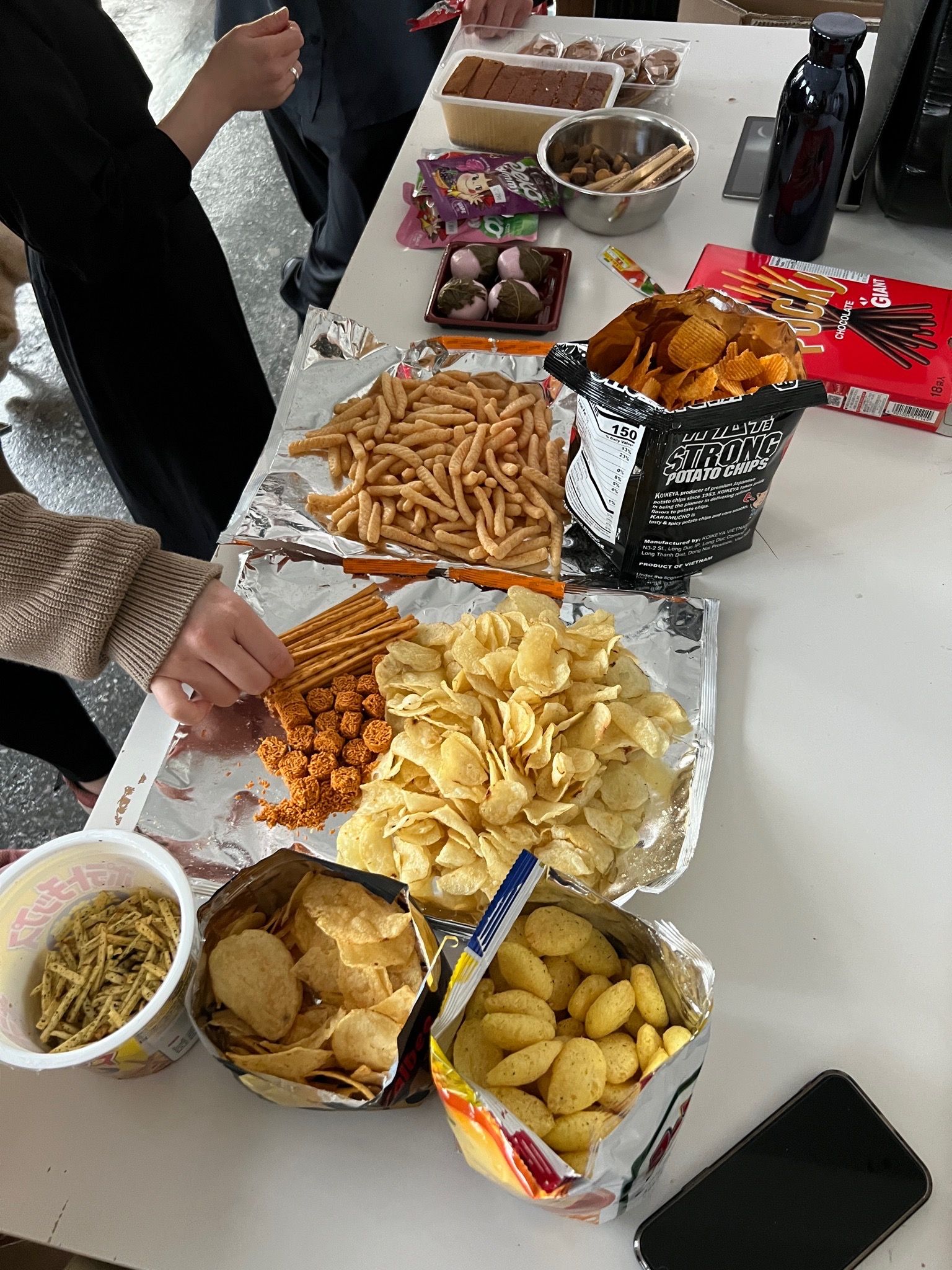
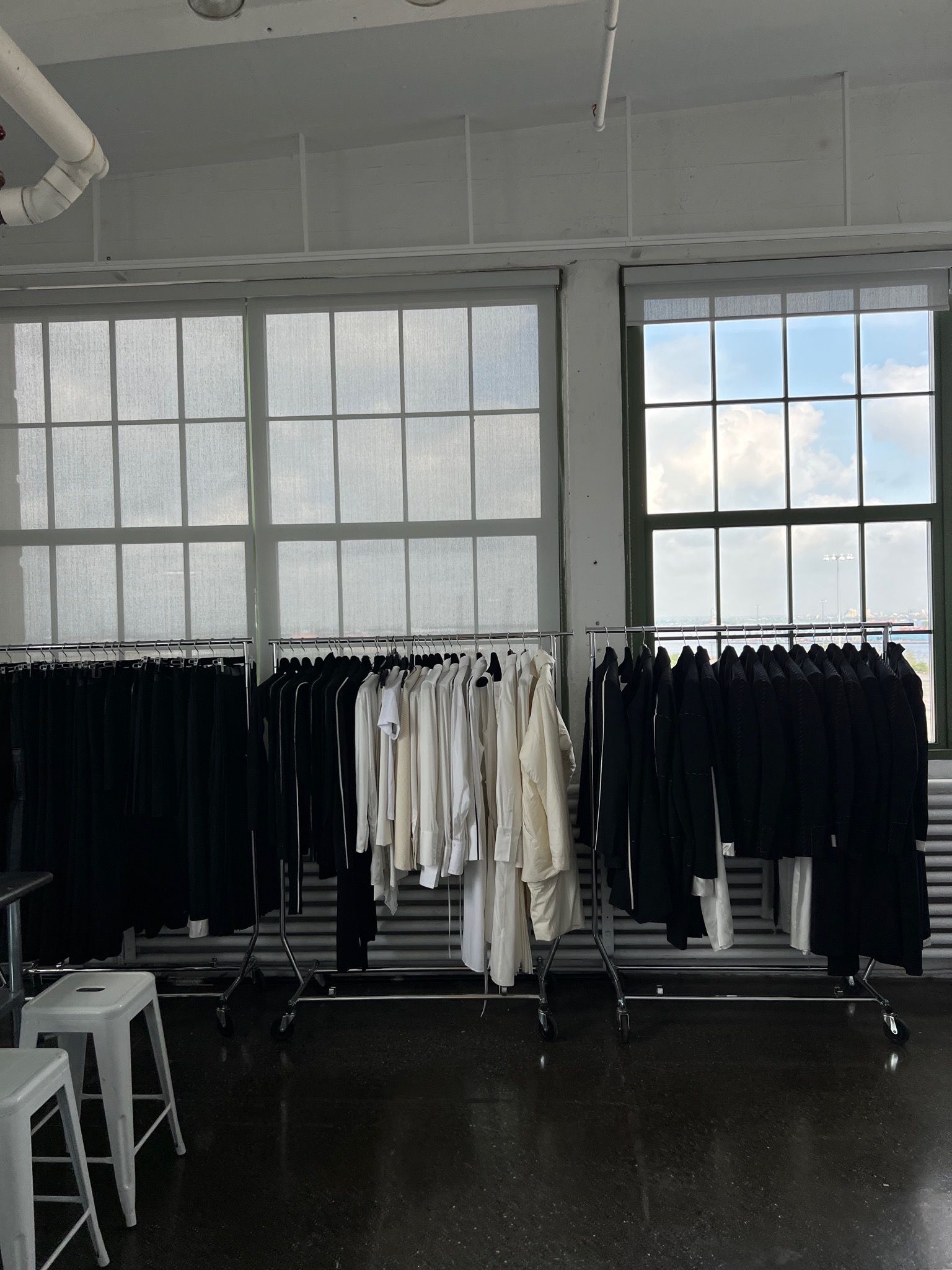
BW: This was supposed to be my last question but since we’re both close to tears, we cannot end like this. Let’s do escapism. Regroup. Talk to me about highlights. Knowing you, it isn’t dressing someone for the Met, is it seeing people in PD in the wild?
PD: I remember every single moment of seeing someone wearing PD on the street. I saw this girl in Paris casually wearing the pleated white dress. One time I spotted this guy was running across the bridge in a PD t-shirt while I was running. There's a girl in my building — she was in a full Chanel look and she wearing our boots. I was like “Oh my God, I love your shoes,” and she’s like, “Thank you! They’re Peter Do.” and I go “I love that brand.” Another time I’m with Lydia, Operations at Peter Do, getting coffee and a girl came up to her saying “Oh my God, I love the skirt. Where did you get it?” And I was standing right there. I was in Corso Como in Milan and this boy followed me around. I was in a full look, dumpling bag and shoes. He approached me and was so impressed that I was in full PD, tells me he’s a huge fan of the brand and goes “How did you get this bag, this is F/W 2022! Do you work for them?” I go “Yeah, I work for Peter, I’m here for research and visiting factories.” And he asks me “That’s so cool, what’s Peter like?” and I tell him that Peter is really nice! As I walk out, he goes “Tell Peter I say hi!” I do this so often, I don’t even flinch anymore. “I work for PD,” is my default line now.
BW: Not you gaslighting everyone. This is my perfect ending. Thank you, Peter.
Credits
- Interview: Brenda Weischer
